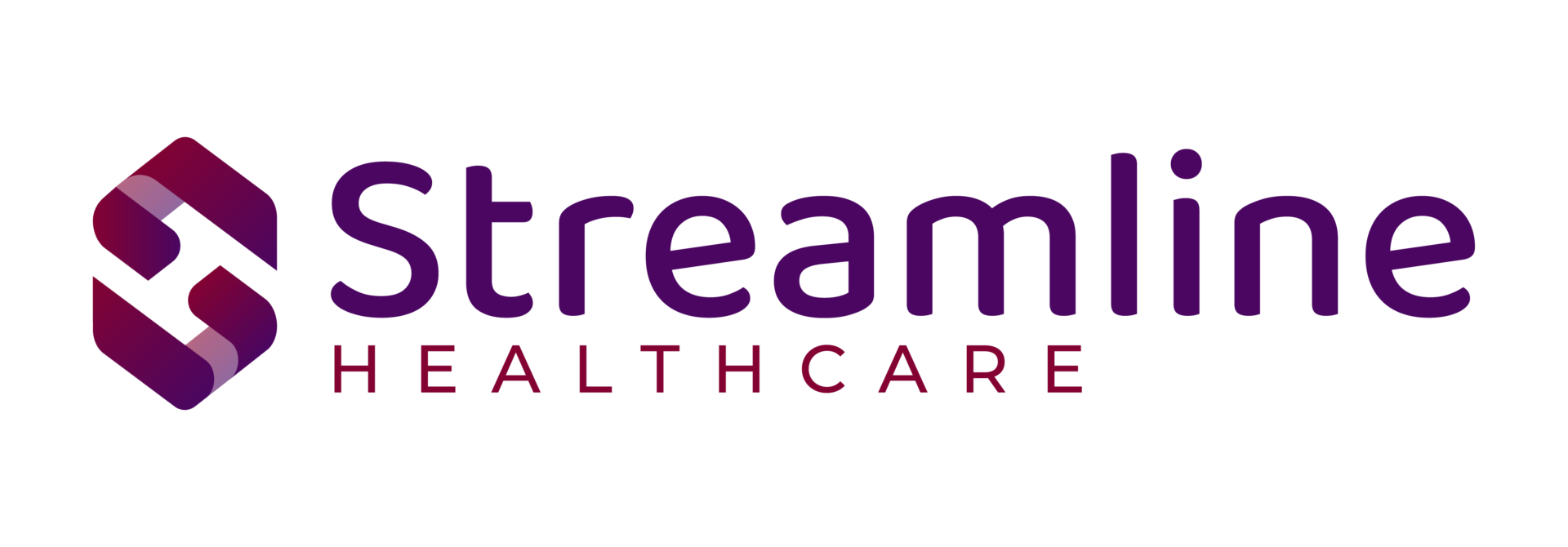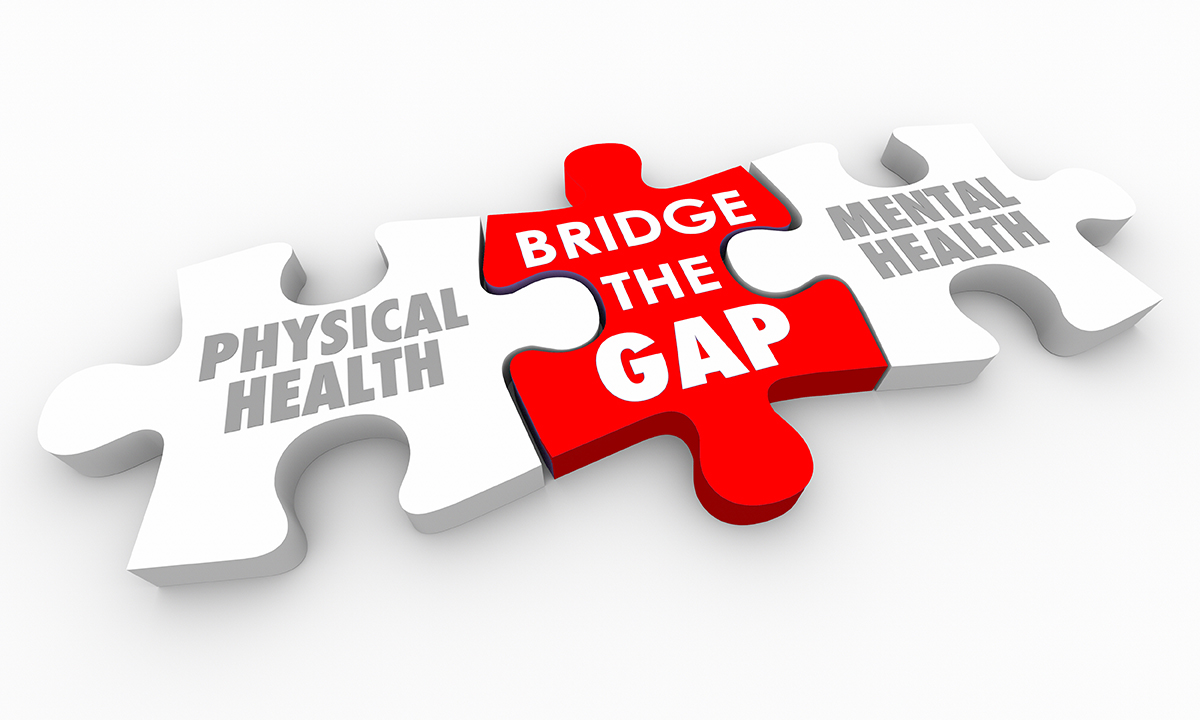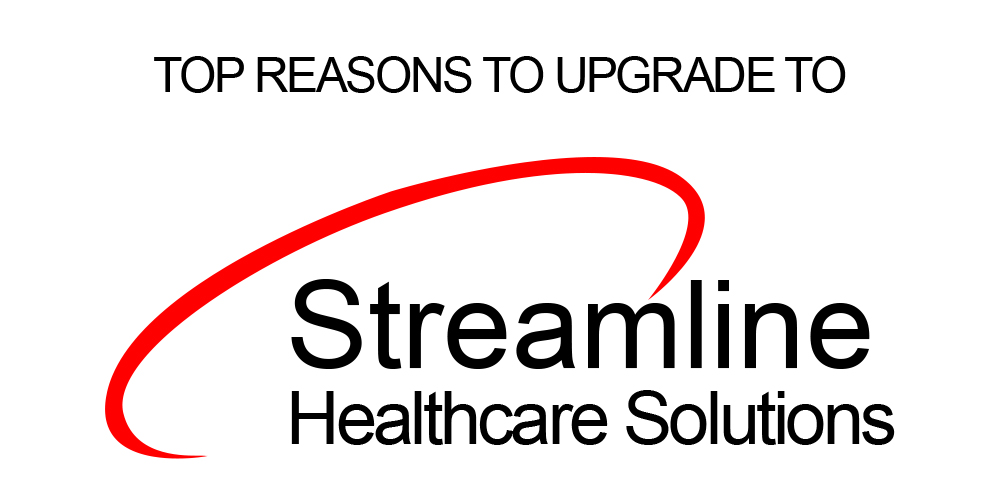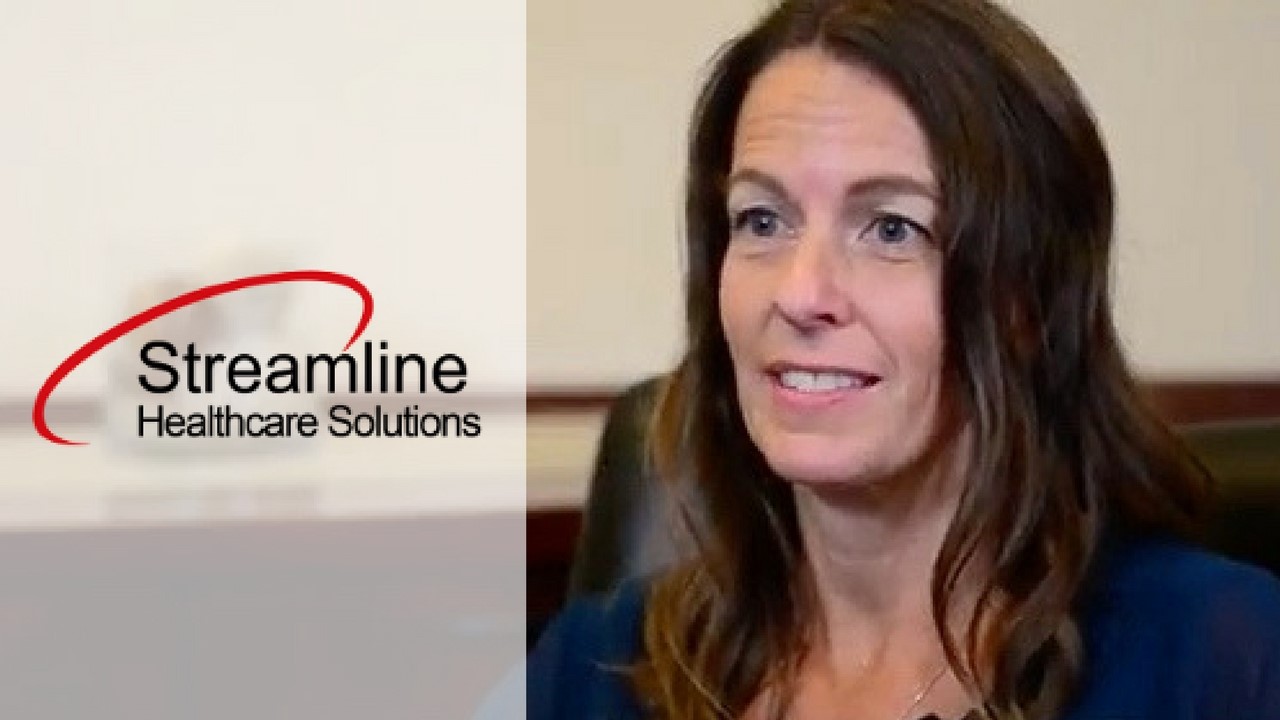Many behavioral health organizations are required to deliver data to outside funders, to track performance and client health. This is part of a health model called “value-based healthcare.” But if organizations are only collecting this information to satisfy funders, it can seem like a tedious and overwhelming process. Understanding the true significance of data in a value-based healthcare market can help healthcare providers actively utilize this information to improve the quality of care.
Blog
Improve Care Coordination with Healthcare Integration
Improve Care Coordination with Healthcare Integration
When people are seeking medical care, no matter what their symptoms, they tend to start in the same place, their primary care physician. But often, due to the nature of their illness, or shame about talking about mental illness, they do not receive all the treatment they need from their primary care provider. According to the American Psychiatric Association, many clients need behavioral care specialists. “As many as 40% of all patients seen in primary care settings have a mental illness…” In many situations, mental illness is not the primary reason for the visit. If not addressed or realized by their primary care physician, symptoms can progress and get worse requiring additional services and more intensive levels of care.
While the primary care physician first sees an individual, learns their history, and gathers important information on his or her medical background, at times the clinician is not able to provide comprehensive treatment, due to a lack of resources, time, or simply because the treatment the client needs is not their specialty. Their client is often referred to another practice for treatment, which means it is critical that all health information is shared between providers, as missing data could result in a lapse in care. For clients who need both primary and behavioral healthcare, coordinating these efforts under one umbrella can vastly improve overall client care.
There are a variety of ways to achieve this goal. In this blog, we share a few key aspects of providing clients with integrated health care.
Are your clinicians leaving over your EHR?
A recent survey of clinicians pointed to Electronic Health Records (EHR) technology as the second most common reason for clinician burnout.
A digital version of a client’s health record, EHR was introduced in order to drive advancements in client care, increase efficiencies, make payments easier, and improve reporting and collaboration of care. In an ideal world, it should be a central location for all of a client’s important information, in order for the behavioral health and medical communities to provide the best care possible. Because information can be shared across various care settings, EHRs can contribute to complete and comprehensive care for all clients.
Protecting Data: How to Safely Share Health Records
Who can see your data?
There has been a recent push for nationwide interoperability among healthcare providers when it comes to secure data sharing — and for good reason. The benefits of exchanging client health data are significant, and many clients actually request services that require it.
Reasons to Upgrade to SmartCare!
In this critical time of COVID-19, it is imperative your organization operates effectively and safely. Using the right electronic health record (EHR) technology that can help your agency meet the needs of your clients now and into the future is also critical. We understand this need. Our SmartCare EHR is an integrated web-based technology that … Read more
Technology Meets User Friendly at Streamline Healthcare Solutions
As the healthcare field continues to evolve and transform, technology needs to remain flexible and intuitive to meet the demands of each organization’s needs. “One of the things I think that sets Streamline apart is that we recognize that healthcare is personal,” said Richelle Kracht, Director of Client Support at Streamline Healthcare Solutions. “We really … Read more
Using Data Can Make Care Coordination More Efficient (& Effective)
By Sarah C. Threnhauser, MPA Executive Vice President OPEN MINDS I think one of the frustrations of managers of health and human service organizations is the gap between the “promise” of big data and predictive analytics—and the reality on the ground. We’ve written extensively about the potential of big data (check out some of our … Read more
Helen Farabee Centers Shares How They Use SmartCare EHR To Help Them Deliver Patient-Centered Care
Helen Farabee Centers, serving North Texas, specializes in providing individuals and adults who are suffering from serious and persistent mental illness; children with severe emotional disturbance; inpatient and outpatient substance use services; crisis response services within one hour to those reaching a distance of 16,665 square miles away; etc. Providing person-centered care is a vital … Read more
Harbor Behavioral Health Shares Their Story About SmartCare EHR’s Flexibility And Adaptability
Harbor Behavioral Health is a leading provider of mental health services in Northwest Ohio. Using SmartCare EHR from Streamline Healthcare Solutions, Harbor is able to help improve the quality of care they provide their consumers as well as enhance their overall business processes. Here’s how Harbor says SmartCare adds value to the organization and its clients. … Read more
Five Things Your EHR Needs To Maximize User Efficiency
“We’ve got data, so what? Wait …I mean NOW what?” The behavioral health and human services industry has done a great job over the last 10-15 years of capturing data, getting data into the system, writing reports on that data, and even digitizing (not necessarily automating) many of the manual processes that we all have … Read more









